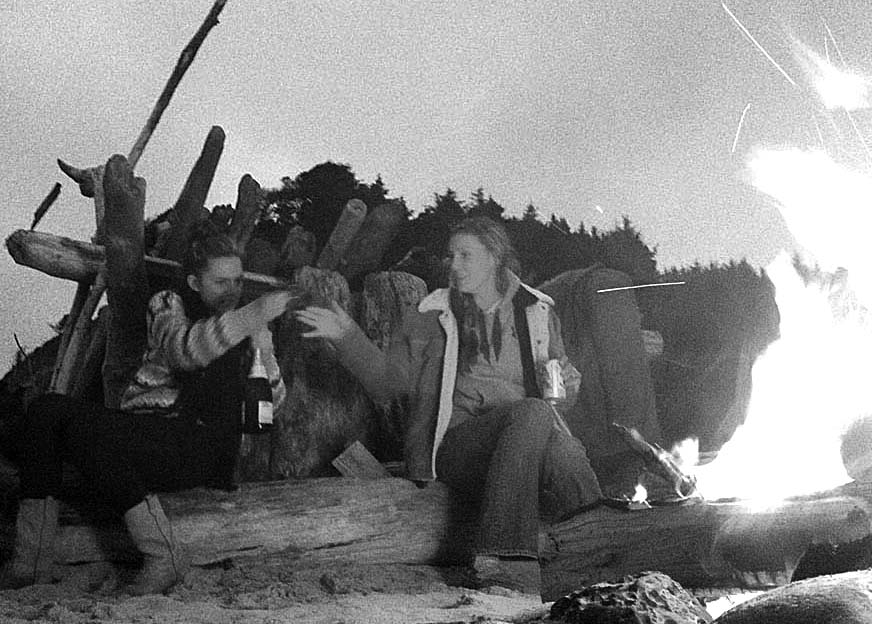The Last Oregon Campfire
One afternoon a decade or so from now, (perhaps less) state officials will issue a quiet decree and release it through quiet channels. The media may report it.
The decree will permanently ban campfires on public and private land—year round. Officials will provide no reason for the ban because the citizenry knows the reason—the threat of wildfire on every acre of the state. The ban will not raise any public outcry because there hadn’t been campfires for years. The ban became permanent after Gold Beach and Tillamook burned to the ground in November in successive years—and it was raining on both occasions during the rainiest month in Oregon.
On the day the permanent ban goes int effect, a tiny group of old timers will gather at Oswald West State Park, not to protest the ban, but to hold a wake for a cultural tradition that had meant so much to generations of Oregonians, actually every generation of Oregon since the dawn of the 20th century.
The old timers will defy the ban and light a small beach driftwood fire, a few mere sticks. They will sit around the fire with their dogs, Hamm’s, acid, mushrooms, pipes, vapes, joints, jug wine, pints of Jack and Jim, marshmallows and hotdogs.
Someone will even poke a few holes in a can of Hamm’s for old time’s sake. They’ll all laugh and cough when they take a hit. A guitar will emerge, perhaps a harmonica. A retired rocker will run through campfire songs’ greatest hits, and perhaps write one on the spot called “The Last Campfire in Oregon.”
Then they will tell their campfire stories and they will run the gamut from innocent to salacious, from somber reflection to giddy bacchanalia. It will go late into the night and they might even see the dawn. And then that will be it.

